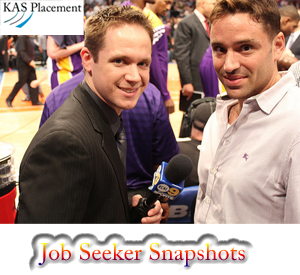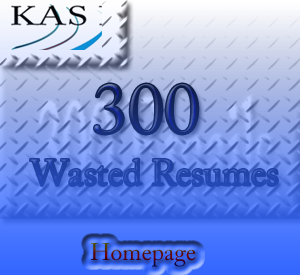by Alison Ringo
Toward the end of the interview process comes the reference check. There are a few key things to keep in mind when deciding who to provide as your references. The most helpful references should be three things: the Three R’s.
Relevant – This one can be tough the earlier on you are in your career, but if possible, provide references who can paint a picture of your ability to handle similar tasks to those you’ll be asked to do at this potential job.
Even if you started your career as an accountant and interviewing for a business development position, a former manager is likely able to talk about your detail-oriented nature, or your ability to roll with the punches when things go wrong. Give your reference an idea of the job you’re interviewing for, to get them started in the right direction.
Responsive – Nothing looks worse (except of a reference tearing you apart) than references who never get back to the hiring party or the recruiter you’re working with.
If you know one of your references is notoriously non-communicative, or they’ll be out of town for a certain period of time, it’s your responsibility to make sure they keep an eye out for your potential employer – and that they get back to that person.
Reliable – Above all, be as sure as you can that you’re giving out the names and numbers of people who will say good (but honest) things about you. If you have even a hint that your potential reference has negative feelings for you, find someone else.
You don’t have to rely on them to say only glowing things about you. In fact, an artificially positive reference sticks out like a sore thumb. But you should provide contact info of people you know to be thoughtful, fair, and ethical.
Finally, a few general do’s and don’t’s:
DO ask first: Always get permission each time you share a reference’s contact information. If they give you a blanket okay, great, but at least give them a heads up each time.
DO give options: Offer an email and a phone number; offer three names if asked for two. This will speed up the process and underline your enthusiasm for the job.
DON’T share with everyone: I never fail to be amazed by the lack of courtesy reflected by people who share their references’ contact information right on their publicly visible resumes. It must not occur to them that thousands of people now have access to that information.
Your First Job Post-College: Surviving the Summer
How Not to Break Into Sales or Entrepreneurship
College Graduates and Job Interviews

















